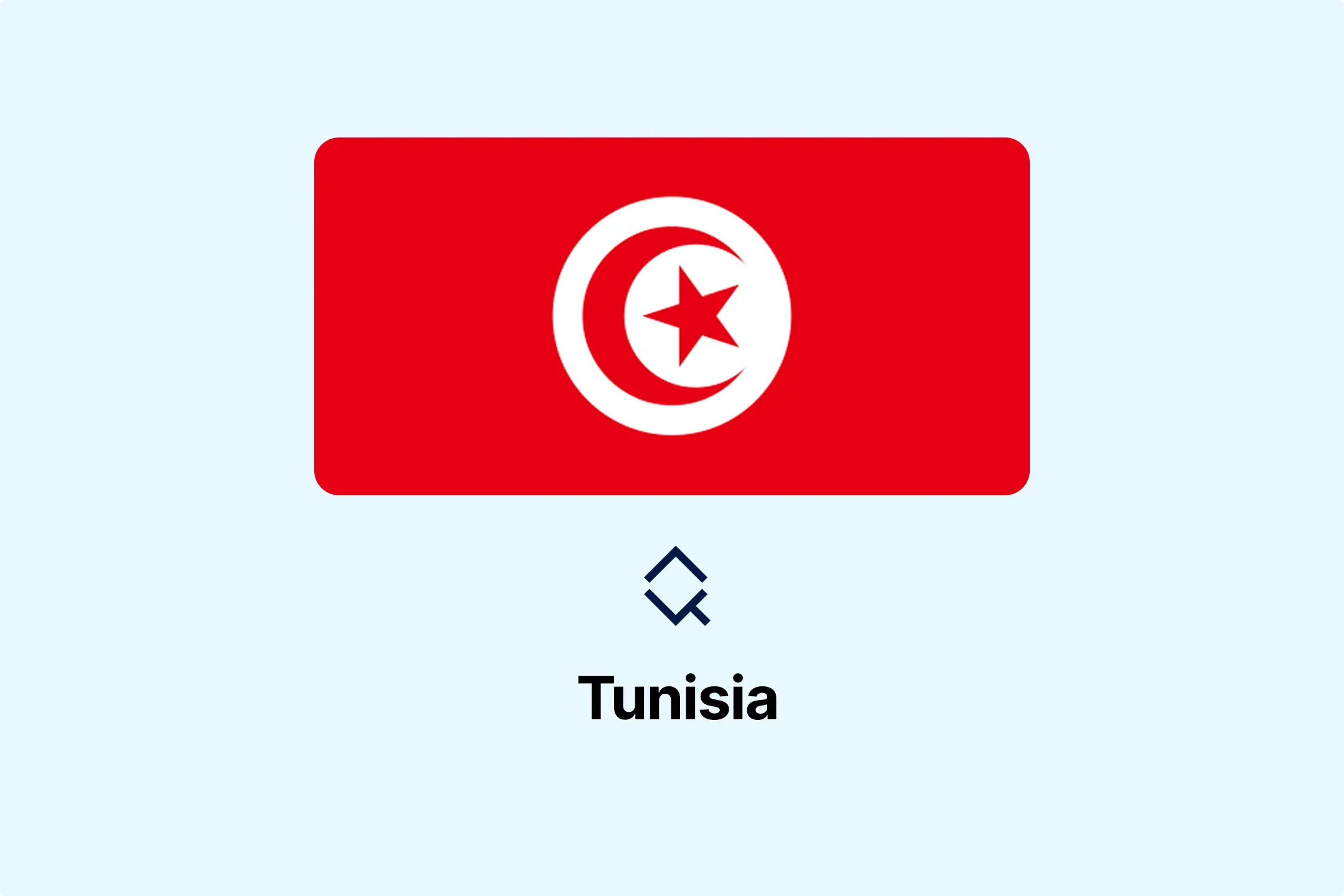Tunisia's E-Invoicing Evolution: Africa's Digital Tax Pioneer

Tunisia stands out as a pioneer in Africa’s journey toward digital tax administration. Since the launch of its national electronic invoicing system “el fatoura” in 2016, the country has consistently led the continent in rolling out one of the most advanced digital tax compliance frameworks. Designed to increase tax transparency, curb VAT fraud, and support digital transformation, Tunisia’s e-invoicing model offers a blueprint for other African countries like Egypt, Kenya, and Nigeria.
A Brief History: Africa’s First National E-Invoicing System
Tunisia made history by becoming the first African country to introduce mandatory e-invoicing. Initially targeting business-to-government (B2G) transactions and large enterprises, the system was gradually extended to business-to-business (B2B) operations, especially in key sectors such as pharmaceuticals and hydrocarbons. The phased implementation allowed the government to refine the framework while giving businesses time to adapt.
The Direction Générale des Impôts (DGI) within the Ministry of Finance leads this transformation, which aligns with the country's broader Digital Economy Strategy 2025. The current roadmap aims for near-universal adoption among VAT-registered businesses by 2025.
Legal Framework and Historical Development
The legal foundation for Tunisia's e-invoicing system was established through:
2016 Finance Law (Article 22): First introduced electronic invoicing as legally equivalent to paper invoices.
Decree No. 2016-1066 (August 15, 2016): Provided detailed regulations for implementation.
2025 Finance Law (Article 71): Introduces new penalties for non-compliance effective July 1, 2025
The system has been progressively expanded since its initial implementation in 2016, with the Direction Générale des Impôts (DGI) leading the rollout in phases targeting different taxpayer segments.
Technical Backbone: The “el fatoura” Ecosystem
At the heart of the system is the Tunisie TradeNet (TTN) platform. Businesses must register their e-invoices with TTN in XML format, which the platform validates and digitally signs before forwarding to the Ministry of Finance. The validated invoice is then transmitted to both the customer and the tax administration, gaining full legal validity.
To be compliant, an e-invoice must include:
A unique TTN-issued reference number
The issuer's electronic signature
A visible electronic seal (signed QR code)
TTN’s electronic signature
Mandatory fields as specified in Article 18 of the VAT Code
While PDF versions are acceptable for readability, the XML version is the official legal document and must be archived per TTN standards.
Scope of Application: Who Must Comply?
As of 2025, electronic invoicing is mandatory for:
All entities transacting with government bodies and public institutions
Large companies under the Direction des Grandes Entreprises (DGE)
B2B suppliers in regulated sectors (e.g., pharma and oil)
Other VAT-registered businesses may adopt e-invoicing voluntarily, although future regulatory updates may expand the mandate to cover them as well.
Implementation Timeline and Phases
Tunisia has adopted a gradual, multi-phase approach:
2016: Mandatory e-invoicing for large taxpayers and public procurement suppliers
2018 onward: Extension to medium-sized enterprises and B2B transactions
2023–2025: Progressive inclusion of SMEs, with full adoption targeted by mid-2025
This staggered rollout has provided room for iterative improvements and on-boarding support, especially for SMEs.
Upcoming Penalties: 2025 Enforcement
To ensure full compliance, the 2025 Finance Law introduces strict penalties effective July 1, 2025:
100–500 TND per illegal paper invoice (up to 50,000 TND cap)
250–10,000 TND for invoices lacking mandatory details
20% of goods’ value (min. 500 TND) for unaccompanied goods in transit without e-invoice documentation
Businesses must prepare in advance to avoid these penalties and ensure seamless compliance. These measures underscore the government's commitment to full compliance and the importance of businesses preparing for the deadline.
Challenges and Support Solutions
Despite its success, Tunisia’s rollout has faced several hurdles:
Integration complexity since businesses are to modify their ERP or accounting systems for TTN connectivity.
Staff Training for internal teams to understand the technical and compliance demands.
Digital literacy constraints since some SMEs still face knowledge gaps in e-invoicing best practices.
To ease the transition, several third party solutions have emerged including API-based platforms facilitate real-time invoice transmission and validation.
Benefits of E-Invoicing in Tunisia
Beyond compliance, Tunisia’s e-invoicing system brings significant operational benefits:
Reduced costs in printing, mailing, and storage
Faster payment cycles through automation
Improved audit trails for tax authorities
Greater transparency in public and private transactions
Environmental sustainability by minimizing paper use
Regional Significance and Future Outlook
Tunisia remains a continental front-runner, with countries like Egypt (2020) and Morocco (planned) following similar paths. Unlike post-audit models used elsewhere, Tunisia’s pre-clearance CTC system ensures invoices are validated in near real-time, enhancing control and visibility.
Looking ahead, the government is expected to:
Expand mandates to smaller businesses
Introduce real-time reporting obligations
Refine technical standards as part of broader digitization efforts
Conclusion
Tunisia’s e-invoicing system exemplifies Africa’s potential in digital tax reform. With the July 2025 deadline for large taxpayers approaching and new penalties coming into effect, businesses must prioritize compliance to avoid sanctions and operational disruptions.
The transition to e-invoicing, while challenging, offers substantial benefits in efficiency, cost savings, and compliance. By leveraging available solutions and preparing adequately, Tunisian businesses can turn this regulatory requirement into a competitive advantage. As other African nations look to replicate Tunisia’s success, el fatoura remains a cornerstone of digital governance and economic modernization on the continent.
Source; Luca Pacioli

More News from Tunisia
Get real-time updates and developments from around the world, keeping you informed and prepared.
-e9lcpxl5nq.webp)





